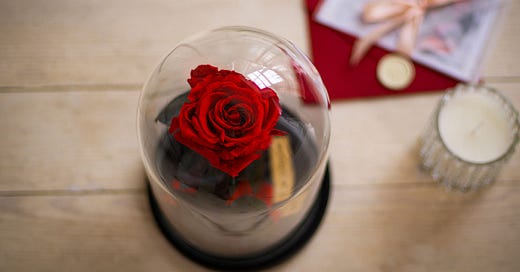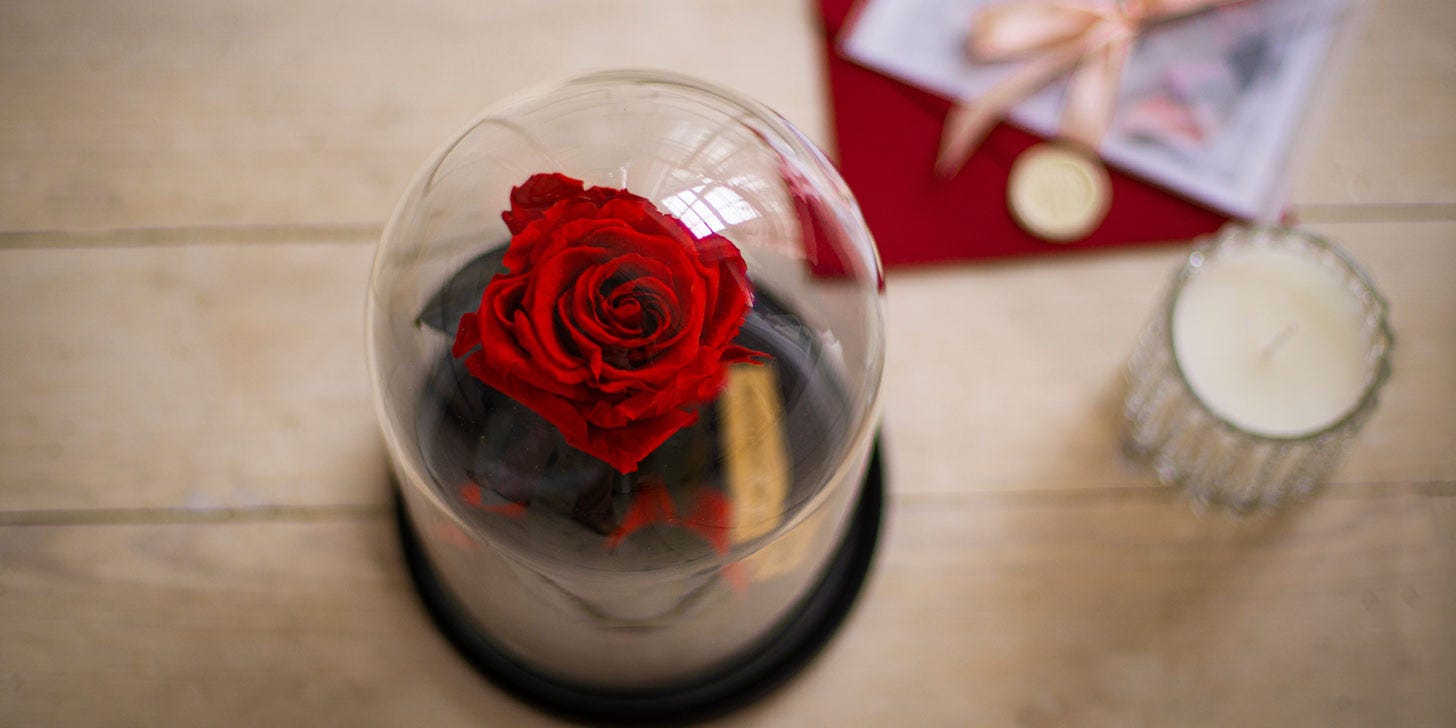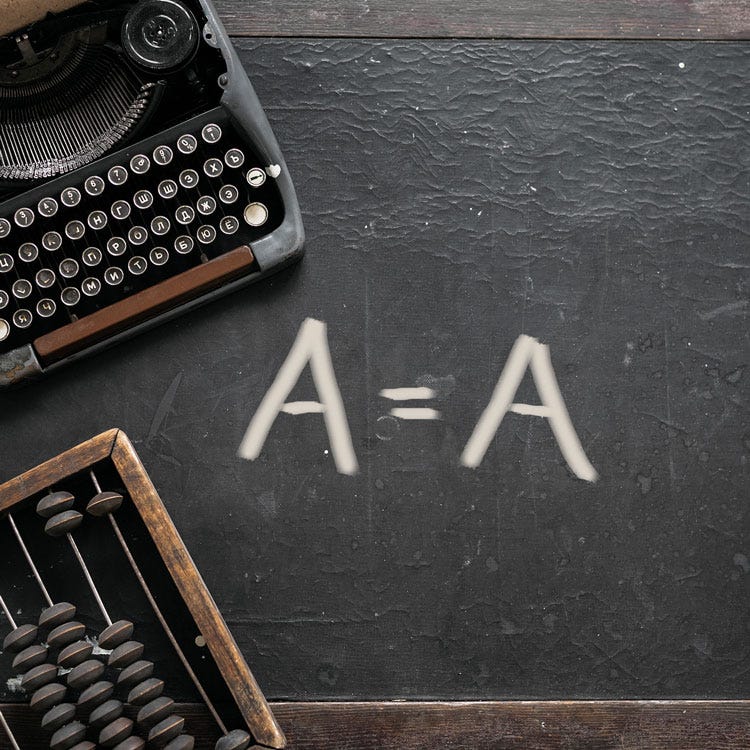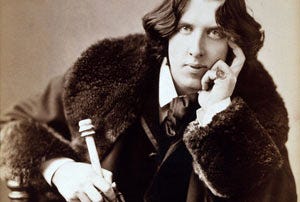✍️ What Makes You a Writer?
or, How the Author of This Substack Subjects His Readers to Math for at Least a Third Time, Despite All Promises
I knew of Sylvia Plath as the poet married to another poet, and she wrote a novel and it was good, but she died by suicide a month later and didn’t get to see its success. I never read her novel, The Bell Jar. I’m not exactly her target audience for (perhaps) obvious reasons – it’s described as a young woman’s coming of age story. However, many put Plath among some of my other favourite writers such as Joan Didion and Nora Ephron, so it occurred to me that I should get around to at least trying her. The Bell Jar is still there on my invisible to-read pile.
Not long ago, I watched a biography on her that has visibly bumped that book up. I highly recommend Sylvia Plath: Inside the Bell Jar if you’re at all interested in her and her work. I was fascinated by how complex her life was. I mean, we all lead complex lives, right? I shouldn’t be surprised. But I guess that’s the power of biography – Sylvia Plath was just a name to me before, but now she’s a person.
In any case, the point of this post today is that the biography quotes Plath: “These are rejection slips, and they tell me I’m a writer.” That was such a poignant statement for me. I’ve always believed this concept, though she puts it so simply and elegantly. Here’s the powerful thing about that statement: most writers believe the opposite to be true. They believe that rejection slips mean they aren’t writers, and they can’t ever be a real writer until that acceptance slip comes instead.
This is, of course, a form of imposter syndrome, which we’ve talked about before. It’s also a form of rejection. Let’s talk about how looking at it this way might mean we’re doing the math all wrong.
If You Have to Submit Writing Before You Can Be Rejected, Then Getting Rejections Means You Are a Writer.
We’ve touched on this idea of what makes you a “real” writer before in my post, Conferrin’ with the Flowers using The Wonderful Wizard of Oz as an analogy. We’re going to look at it from a different angle. This time, I’m using some math:
If A=B, and A=C, it follows that B=C. (Even I can follow along with that algebra… lol) So here’s what I propose. If you have to submit writing (A) before you can be rejected (B), then getting rejection slips means you are a writer. (C)
The proverbial rejection slip can take many forms:
Literal rejection slips from editors, publishers, agents
Rejection emails
Bad reviews on your published work (including self-published)
Negative feedback from alpha or beta readers
Not seeing your name in a list of contest winners
Basically, it’s any situation where you put yourself out there as a writer, but your work isn’t accepted.
As we’ve discussed in these pages before, I’m not trying to suggest that rejection doesn’t or shouldn’t hurt. Of course it does, for many reasons:
We feel it is a reflection of ourselves
We want to succeed
We are afraid of failing (slightly different)
We feel like we don’t measure up
We feel like our work isn’t good enough
We feel we aren’t good enough
…and so on. Putting ourselves out there and getting hurt is part of being a writer, just as it is a part of life.
Would Plath have preferred to receive an acceptance slip? For sure. But that’s beside the point. Plath saw the rejection slip as her validation – not her eradication – as a writer.
What Came First, the Rejection Slip or the Writer?
But again, Plath’s approach is not how everyone sees rejection. It reminds me of a chicken-or-egg situation. Most of us believe we aren’t writers until (at least) we get that acceptance slip. Plath believed rejection slips in and of themselves proved she was a writer. So from a purely peace-of-mind standpoint, isn’t Plath’s way better?
To look at it another way: if you can’t wrap your mind around rejection proving you’re a writer, why do you think acceptance does prove it, or at least is a pre-requisite? In fact, I’d go a step further to say that rejection slips and acceptance slips are both relatively arbitrary benchmarks. I mean, I’m not being purposefully obtuse here. I understand why some people believe acceptance = writer while rejection ≠ writer. The math certainly seems logical. But I believe this outside acceptance (or lack thereof) is absolutely the wrong litmus test.
Instead, I propose we throw out those benchmarks completely and follow a new, simpler equation.
What Does Not Inherently Make a Writer a Writer
Rejection slips
Acceptance slips
Nobel prizes – or any prizes
Publication
Self-publication
Posting on a blog
Posting on social media
Likes on a blog
Likes on social media
“That’s nice” from your Mum
What Does Inherently Make a Writer a Writer
Writing
Writers write. That’s it. A=A. It’s as simple math we’re ever going to get.
So here we are at the end, and it sounds very much like I’m contradicting the whole Sylvia Plath thesis that launched me on this post. I’m not quite, I don’t believe. I’ll add this corollary, just to smooth out the wrinkles in the logic: It’s okay to do whatever it takes to help you to write. For Plath, that may have been in part collecting rejection slips, just as it was for Stephen King and I suspect many writers. The underlying assumption, even in these cases, is that believing you are a writer is the only pre-requisite to being a writer.
And I believe that idea resolves to its simplest form of A=A. Writers write.
The question is, what will the equation be for you?
Key Takeaway: Writers write. A=A. Believing you are a writer is the only pre-requisite to becoming a writer. If that means collecting rejection slips or counting words or putting in time, then by all means, if it’s positive, use it for motivation. But ultimately if you want to be a writer, then all you have to do is write.
Over to You: Is It as Simple as Writers Write? Why or Why Not?
Let us know in the comments below!
I’ll leave you now with another documentary on Sylvia Plath as “Inside the Bell Jar” doesn’t seem to be readily available online.
Until next time, keep writing with wild abandon!
~Graham
email me if you get lost.









Most writers write for themselves. If other people like it it's just a bonus.
"Ultimately, if you want to be a writer, all you have to do is write." Love it.